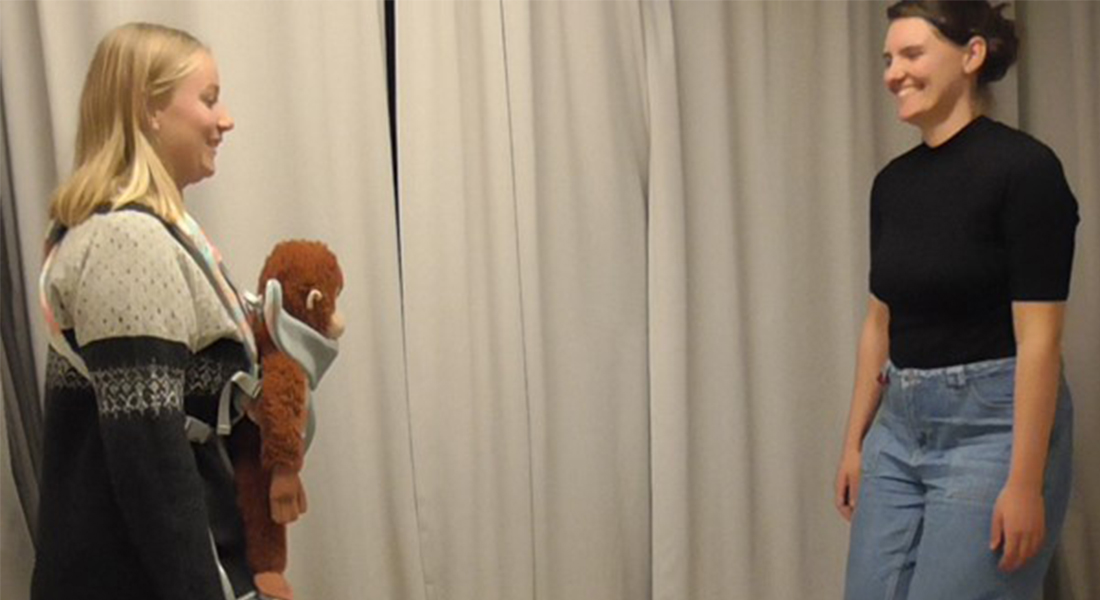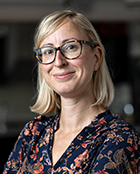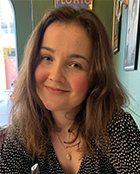How does synchronous movement affect children’s relationships with other people?
In this study, we investigate how moving in synchrony with another person affects 18-month-olds’ interactions with that person, and how this relates to their developing self-concept.

Previous research has shown that adults feel closer to and more connected with other people after moving in synchrony with them, and that they are more willing to help them and cooperate with them after interactions involving synchronized movement. Similar results have been found with 14-month-olds – they spontaneously help others more often after a period of synchronous movement than after a period of asynchronous movement with that person. Not much is known about the period after this, when children begin to develop a stronger sense of self, and an understanding of the difference between self and other.
Children take part in a short musical activity: They are bounced to music by their caregiver, and an experimenter bounces either synchronously or asynchronously with them. Following this exercise, we record the children’s behaviour towards the experimenter in two short tasks. Here, our aim is to see whether children who moved in synchrony with the experimenter will show more affiliative behaviour towards the experimenter (e.g., by copying the way she performs certain actions or by making themselves look more similar to her) than children who moved asynchronously with the experimenter. We also plan to investigate how these differences in behaviour relate to children’s developing self-concept by comparing the behaviour of children who recognize themselves in the mirror to the behaviour of children who do not yet recognize themselves in the mirror. The study has just started and we look forward to reporting the results in future newsletters
| Dora Kampis PhD in Cognitive Science
Assistant Professor, tenure track
dk@psy.ku.dk |
 |
| Elisa Wiedemann Visiting PhD student |
|
| Karen Victoria Nustad Master thesis student
|
 |
|
Louise Lund Petersen
Student research assistant
|
 |
About the study
The study began in October 2023.
Contact
Dora Kampis
Assistant Professor, tenure track
Center for Early Childhood Cognition
dk@psy.ku.dk
